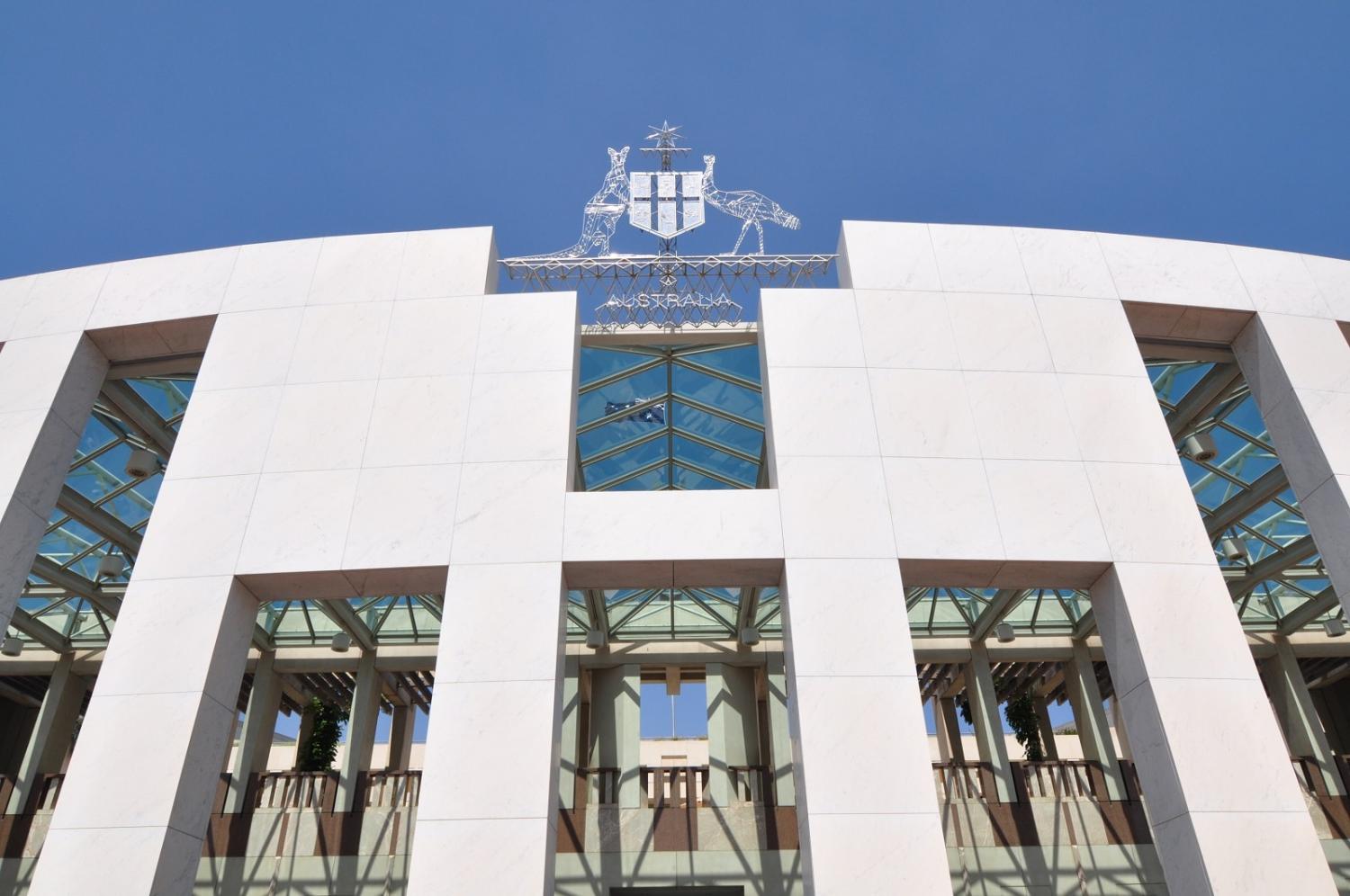The recent terrorist attack in Queensland, the announcement of Iranian foreign interference activities, and the overt presence of Russian Night Wolves members at the Australian Open reflect the multifaceted nature and growing complexity of the national security threats that Australia confronts.
While the security discourse is overwhelmingly dominated by discussions of China and the stability of the Asia-Pacific, it is increasingly necessary for Australia to prioritise and resource a domestic national security strategy that focuses on promoting and securing the fundamentals of Australian liberal democracy.
Commendably, efforts in this regard have already been announced by Home Affairs Minister Clare O’Neil and these constitute important work. But it is crucial that the response to the often interrelated challenges of domestic right-wing extremism and terrorism, the propagation of misinformation and disinformation, and foreign interference are brought together through a cohesive strategy. This strategy must promote the fundamentals of liberal democracy and address its vulnerabilities, while also ensuring that the nature and character of the threats it faces are prioritised, resourced and discussed as frankly and transparently as possible.
Australia must articulate and promote the essential pillars of liberal democracy. This is about more than just elections, and constitutes the protection and promotion of basic freedoms such as freedom of the press and freedom of association, but also the protection of minority rights and the rule of law, and a commitment to the absence of public corruption. Ensuring a civil public discourse, with appropriate regard for expertise and a shared conception of “truth”, is equally as central.
The threats to Australian democracy are part of a global trend. The ongoing diversity of domestic right-wing extremism and terrorism is a useful example of the different ways in which national security threats are manifesting and the challenges they can present to Australian national security and democracy.
Although there has been some moderation in the percentage of domestic counter-terrorism work undertaken by the Australian Security Intelligence Organisation (ASIO) that deals with extreme right-wing actors, it is important to emphasise the ways in which right-wing extremism constitutes a more diverse risk than the ongoing jihadist threat that has dominated the past two decades of counter-terrorism efforts.
There is no doubt, in the aftermath of the attack in Wieambilla in Queensland, the 2019 Christchurch shootings, and the arrests of roughly 20 right-wing extremists on terrorism or terrorism-related charges since 2019, that Australia confronts a substantial counter-terrorism challenge from actors motivated by extreme right-wing ideologies. These individuals have been charged with offences such as the manufacture of the self-made explosive TATP, making threats against the former New Zealand prime minister, and claiming to attack a mosque in reverence to the Christchurch attacks. The recent shootings in Queensland, while designated an act of “religiously motivated violent extremism”, are further evidence of the severity of the threat from the extreme right.
The challenge of right-wing extremism extends beyond the specifics of terrorist violence, although that constitutes the most discreet and visceral manifestation. Right-wing extremism also has an abiding effect on the public discourse of a liberal democracy by impacting substantially on what is referred to as the Overton Window – the range of politically acceptable ideas at a given time – but is better understood through an understanding of the metapolitics of the far right. These efforts, which are not dissimilar to the foreign interference efforts of hostile states, seek the “social diffusion of ideas and cultural values for the sake of provoking a profound, long-term, political transformation”. Recognising the efforts of right-wing extremists to shift our politics away from a shared commitment to liberal democracy, both politically and culturally, is as important as ensuring that their efforts to undertake terrorist violence are disrupted.
The extreme right’s political agenda has regrettably become increasingly mainstream. While the example of prominent US commentator Tucker Carlson’s promotion of The Great Replacement conspiracy theory is not overtly replicated here in Australia, senior politicians have openly promoted issues related to topics such as birth rates and demographic decline, introduced parliamentary motions anchored in white supremacist tropes, and used explicitly Nazi language in their parliamentary speeches. The sprouting of conspiratorial talking points such as those related to cultural Marxism have also become increasingly normalised within Australian political discourse. Cultural Marxism was famously influential on the ideological convictions of Anders Breivik, who killed 77 people in the 2011 Oslo terrorist attacks. The ideas themselves, like many contemporary conspiracy theories, draw substantially on classic antisemitism.
The threats to Australian democracy are manifest and range across state-based and non-state actors. What is certain is that among these threats – from right-wing extremism and terrorism, hostile foreign interference, the corrosive effects of mis and disinformation, and conventional conflict – Australia must think deeply on these issues to ensure that the country develops a cohesive strategy to protect its democratic system and its political discourse. The strategy must engage across the political spectrum to ensure that a “low level agreement about the state of the world can provide a foundation for vigorous debate.”

